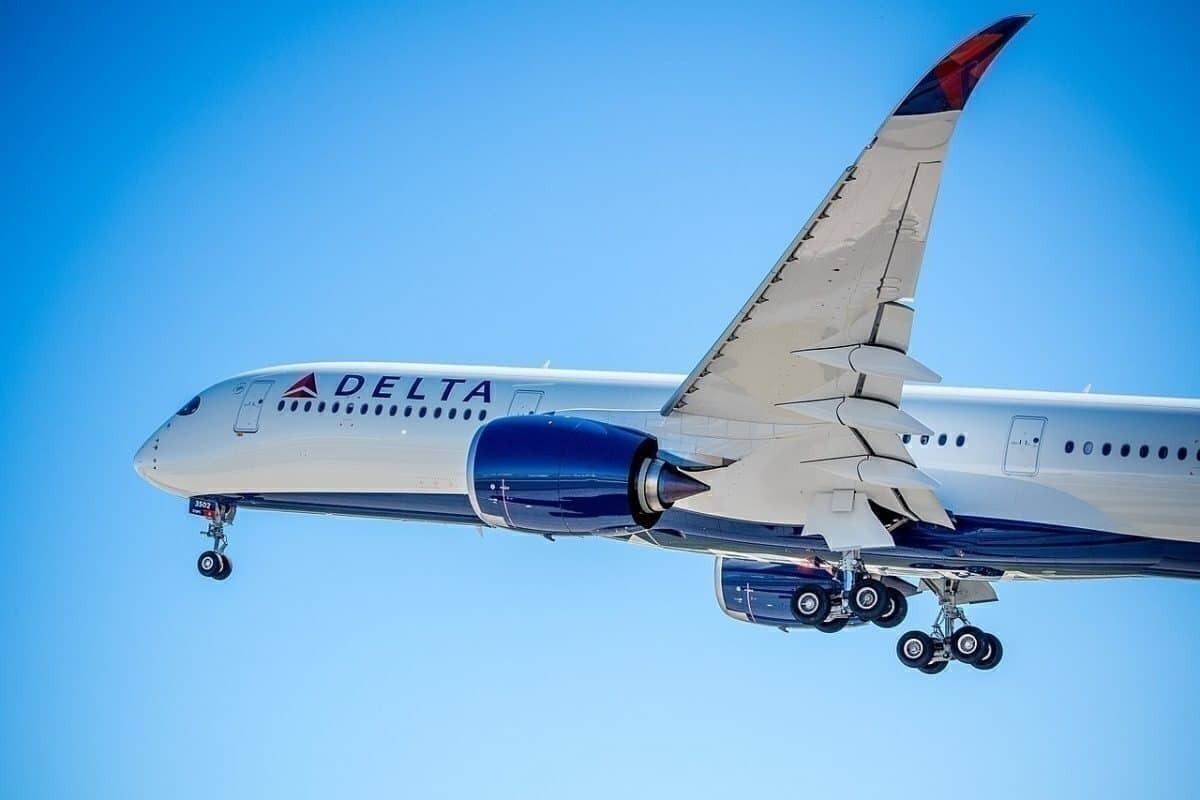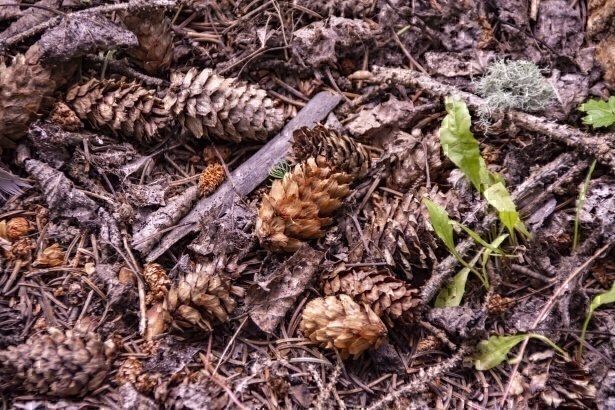Your future Delta flight could be fueled by forest floor debris, as the airline examines a very unique source of biofuel in a massive $2 million USD study.
What are the details?
Just yesterday, Delta announced a massive study into a new source of biofuel; forest floor debris. This creative source of fuel is essentially made up of logs, leaves, fungus, and other fallen wood-based items found on the typical forest floor.
In order to understand if this could be the future of the airline, Delta has partnered with Northwest Advanced Bio-fuels in a massive $2m study. The end result is to see if the biofuel could be "used in Delta operations at stations in Seattle, Portland, San Francisco, and Los Angeles" as soon as 2023.
The fuel would be produced in a specially built facility in Washington state. This study is part of a bigger move by the airline to reduce its carbon emissions by 50%.
"While Delta continues to take actions toward our long-term goal of reducing carbon emissions by 50 percent by 2050, fuel is a key area where we are examining opportunities to create real sustainability differences and drive accountability across the entire business as we lower our environmental impact," said Alison Lathrop, Delta's Managing Director — Global Environment, Sustainability and Compliance in the Delta press release.
Why use forest floor debris?
An interesting point that has been raised is why would an airline look to forest floor debris over other biofuel sources, such as plantations or other easier harvested sources?
For one, most of this debris is 'wasted' and unused during the foresty process (and we should point out that this is a very simple overview of the foresty industry). When timber is harvested much of debris are left in the soil. Delta could easily step in and pick up the leaves for their biofuel project. Plus, the increase in jobs and investment in the region would be a boon to local workers.
"This project has additional environmental benefits because it reduces wood residuals in forests, which can increase potential fire hazards and inhibit future tree growth."
Delta is not the only American airline looking into Biofuels. Recently United prepurchased 10 million gallons of Biofuel to be used on their flights, and both Airbus and Boeing offer airlines Biofuel on their aircraft deliveries. Some countries, such as Sweden and Indoensia are considering making biofuel mandatory for airlines.
"This single project could provide approximately 10 percent of Delta's annual jet fuel consumption in the West Coast region and, if successful, could become the blueprint for future projects to support Delta's goal to further reduce its carbon footprint," mentioned Graeme Burnett, Delta's Senior Vice President — Fuel Management.
The feasibility study into the project is expected to be completed by mid-2020.
What do you think of the Delta plan? Are they doing enough to help the environment? Let us know in the comments.



